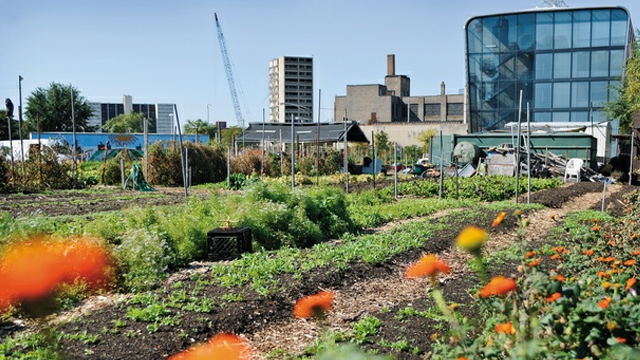Pierre Desrochers and Hiroko Shimizu say they know what’s wrong with the food system: local food purists. In their new book, The Locavore’s Dilemma: In Praise of the 10,000-Mile Diet, the husband-and-wife team (a University of Toronto geography professor and an economist) argue that the excitement over this movement is misguided to the point of having “utterly disastrous” effects. “If widely adopted,” they write, “either voluntarily or through political mandates, locavorism can only result in higher costs and increased poverty, greater food insecurity, less food safety and much more significant environmental damage than is presently the case” [emphasis theirs].
…
Most of us eat local food for a combination of reasons — from taste, to personal health, to food-chain transparency, to concern for workers, to a desire to see a stop to industrial farming practices that damage soil health and biodiversity, to an interest in keeping small farmers in business. And, realistically, most of us compromise for reasons of cost or convenience. Yes, there are Portlandia-level locavores out there who take it a little too seriously, but the vast majority of us see local food as one piece of a much larger shift. Maybe it is unrealistic to believe small, local producers can literally feed the world — but does that mean we shouldn’t support their efforts at all?
I sat down with Desrochers when he was in town last week to see if there was something to the anti-locavore argument. As you might guess, there’s a lot he and I don’t agree on. But at Grist we try, when we can, to challenge our views.
Read the interview at Grist.
Photo by Matthew Benson, from Sarah Rich’s book, Urban Farms.
